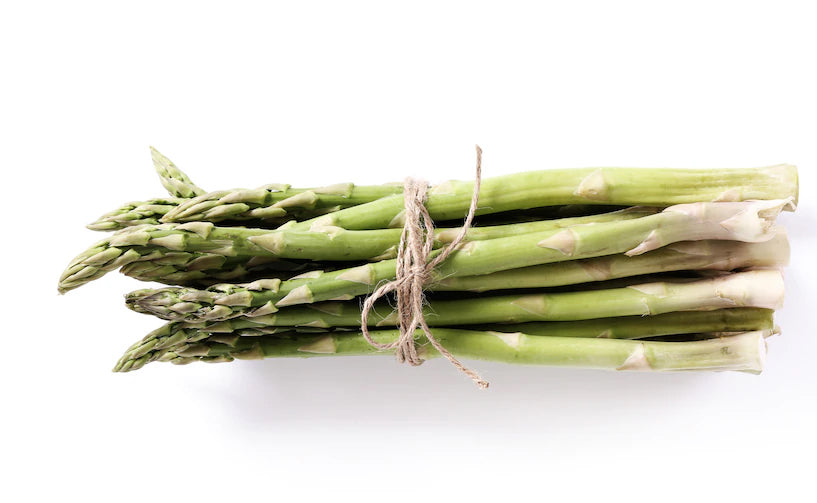Asparagus racemosus or Shatavari has been used to support the female reproductive system for centuries in traditional medicinal system as a rejuvenating tonic for the women of all ages. It supports all the stages of women from the menarche i.e. start of the menses to menopause i.e. cessation of the menses including, fertility, ovulation, dryness, irritability and hot flashes. The plant belongs to the family Asparagaceae.
Shatavari or Asparagus racemosus is commonly found in the Himalayas, Nepal, India and Sri Lanka. Because of its versatile benefits; the demand is high in the market. The name implies that it has hundred roots. It has shiny green and uniform pine needle-like branches or leaves, short stem, white flowers with purple-blackish fruits or berries.
It is a well known traditional plant in Ayurveda, Unani and Siddha systems of Medicine. It can survive in subtropical and tropical parts of India. Earlier, it had been used to treat dyspepsia, hyperacidity, ulcers, nervous disorders, and as a galactagogue and uterine tonic.
Roots are the main source of phyto-chemicals. There is a potent polycyclic alkaloid in the roots known as asparagamine A and other is asparanin A, a long range of glycosides and other steroidal saponins. Steroidal saponins are the main active components of the herb. The other components are essential oils, arginine, asparagines, tyrosine, resin, tannins and flavonoids, rutin, quercetin and Kaempferol. The plant also contains vitamins, folic acid and several minerals.
This medicinal plant of Himalayas owns numerous biological activities such as anti-oxidant, anti-inflammatory, anti-hepatotoxic, anti-oxytocic, immuno-stimulant, laxative, galactagogue, diuretic, aphrodisiac, antifungal and antibacterial.
Benefits of Shatavari
-
Nourishing Tonic: Shatavari is a nourishing tonic for men and women. It promotes reproductive health and fertility in men and women. The herb also helps in toning the female reproductive system.
-
Improves Lactation: Shatavari in pure form improves lactation or milk production post delivery in women. It helps in regulating hormonal secretion and acts as a galactagogue.
-
Regulates Menstrual Cycle: Shatavari has been used for long to support hormonal function and menses. It supports oestrogen balance throughout menstrual cycle.
-
Improves Digestion: Shatavari helps in digestion, can treat ulcers, diarrhoea, irritable bowel syndrome and heartburn.
-
Improves vitality: Shatavari can be translated as ‘100 spouses’ implying its ability to increase fertility and vitality.
-
Improves Immunity: Shatavari had natural anti-oxidants and anti-inflammatory components. It hence soothes and strengthens body system and provides immunity.
-
Improves Skin Health: Shatavari reduces skin damage and free radicals due to the presence of antioxidants in it. Therefore, it can help in delaying ageing.
-
Helps in Depression: Antioxidants in shatavari have strong antidepressant abilities. They also impact neurotransmitters in brain.
-
Helps in Menopause: Shatavari helps in reducing menopausal symptoms such as, hot flushes, irritability and mood swings.
-
Heals Kidney Damage: Shatavari prevents stone formation in kidney and induces urination. Shatavari shows promise in the treatment of diabetic nephropathy which results due to poor control of diabetes and blood pressure.
-
Addresses Various Health Issues: The roots of Shatavari are sweet, bitter and cool and therefore helpful for health issues like tumours, epilepsy, dysentery, leprosy and many more.
Shatavari controls vata and pitta dosha and has cooling, nourishing and soothing properties that help to restore general well being and balance in the mind and body. The therapeutic value of shatavari makes it present in Boosthealth Tablets and Vitalboost Tablets.






